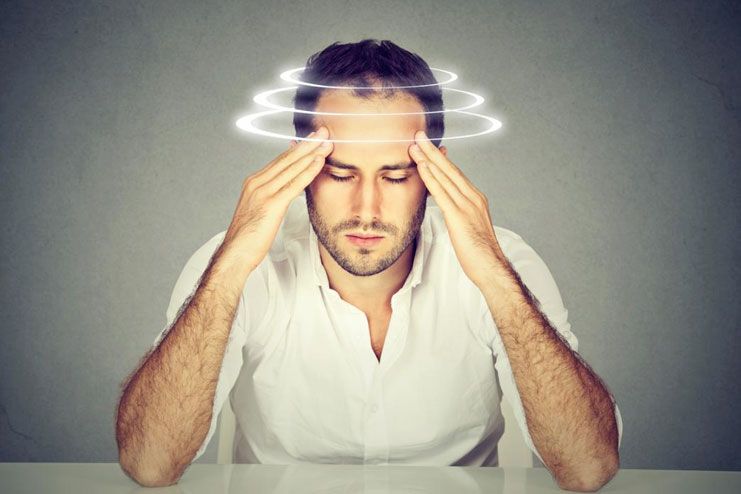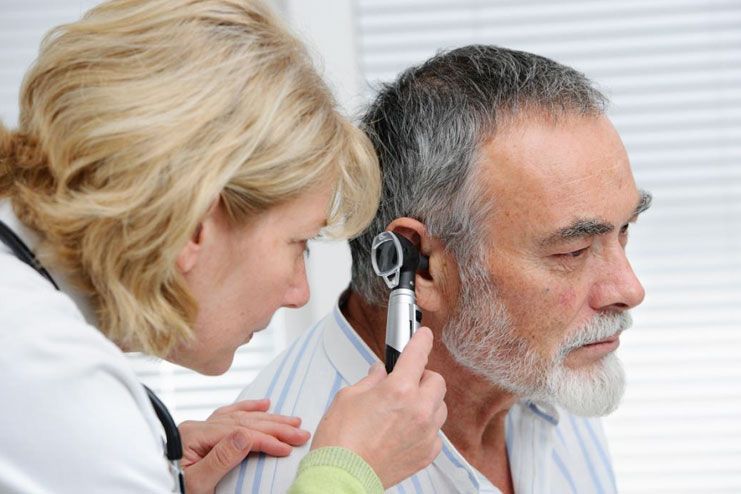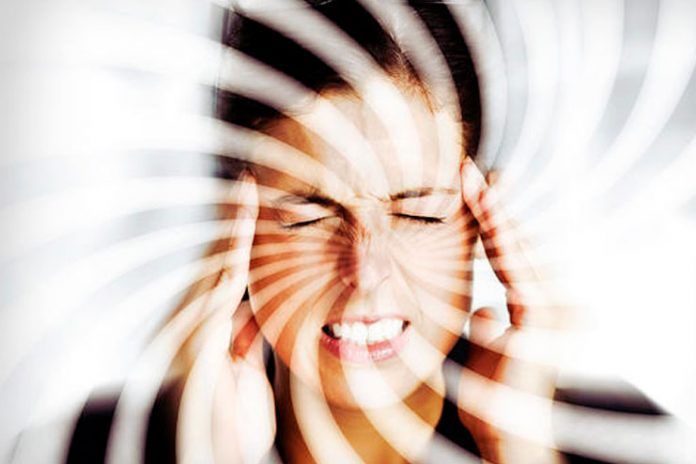Affiliate Disclaimer
Some links in this article are affiliate links. We may earn a small commission if you make a purchase through these links, at no extra cost to you. We only recommend products we find useful to our readersHave you ever felt the environment around you is spinning? It can be a sign that you are suffering with the problem of vertigo. Vertigo is commonly considered as a form of dizziness. Most commonly it is caused due to the problems in the inner ear and brain. In vertigo, you may also suffer with the symptoms such as nausea and vomiting as well as sweating.
Here, we have tried to provide all the information about the problem of vertigo along with its causes as well as symptoms. Read on to know more about various treatment measures you can consider to treat the problems of vertigo.
What is Vertigo?
As mentioned earlier, vertigo is a feeling that the world around is spinning. This feeling is medically known as objective vertigo. The feeling that you yourself is spinning is known as subjective vertigo.
Vertigo, except lightheadedness as well as dizziness, does not have a large number of causes.
Most commonly, there are two major types of the problem of vertigo, which are known as peripheral vertigo and central vertigo. While peripheral vertigo occurs when there is the malfunctioning of balance organs in the inner ear takes place, central vertigo is the condition occurs when the disturbances in the brain’s nerve pathways start to appear.
Causes of Vertigo

Some of the major causes of vertigo have been discussed here in detail according to their types.
1. Peripheral Vertigo
The condition of peripheral vertigo is linked directly with the problems in the inner ear. The message is sent to the brain with the help of labyrinth in the inner ear. Messages from this organs tell brain about the changes in the vertical position, which helps the people to maintain their balance while standing up. Any malfunctioning in this system results in the problem of vertigo.
More commonly, this occurs due to the inflammation, which mostly causes due to viral infection. Along with this, there are various other conditions, which are associated with peripheral vertigo.
2. Labyrinthitis
The inflammation of inner ear labyrinth as well as vestibular nerve, which plays a key role in maintaining the position and motion of the body. This condition is also caused due to viral infection.
3. Vestibular neuronitis
This is inflammation of vestibular nerve alone, which can be caused due to viral infection.
4. Cholesteatoma
Excess development of skin growth in the middle ear, which occurs due to the infection. An excess amount of growth can damage the ear, which results in dizziness and hearing loss.
5. Meniere’s disease
Building up of fluid in the inner part of the ear may also result in the attacks of vertigo. It is more commonly observed in the people of 40 to 60 age range.
According to the statistics, a large number of people are taking treatment for this condition in the United States. It can be caused due to viral infection, autoimmune diseases, however, it has not been fully confirmed and more research needed on this.
6. Benign Paroxysmal Positional Vertigo or BPPV
This condition occurs due to the changes in the otolith particles, which are the crystals of the calcium carbonate in the inner ear, which helps in stimulating the vestibular nerve to pass on the positional information to the brain. In BPPV, the fluid movements remain the same even after the head movement is stopped.
It is more common in elder people and the cause if it is still unknown, although it is linked to the condition of dementia. Certain major causes of it are as follows.
- Injury to head
- Labyrinthitis
- Surgery in ear
- Bed rest for a long time
- Syphilis
- Drug
- Toxicity due to drugs
7. Central Vertigo
The condition f central vertigo mainly occurs due to the problems with the central nervous system. It is linked to the malfunctioning in the areas which are listed below.
- Thalamus, part of the brain from which the sensory messages are sent
- Cerebellum and brainstem, which are responsible to interact between balance as well as senses.
Another more common cause of central vertigo is a headache due to a migraine. It has been found that nearly, 40 percent of people suffering with a migraine also suffering with vertigo. The symptoms of it include dizziness and disruption in balance.
Some of the major causes of the problem of central vertigo include,
- Transient Ischemic Attack
- Stroke
- Multiple Sclerosis
- Cerebellar brain tumour
- Acoustic neuroma, which is the condition of benign growth of the acoustic nerve in the brain.
Signs and Symptoms of Vertigo

Apart from the feeling that the environment around you is spinning, vertigo may also cause various other symptoms. These common symptoms of vertigo are listed below.
- Tinnitus
- Dizziness
- Vomiting and Nausea
- Lightheadedness and problems in balancing
- Fullness feeling in the ear
- Feeling of motion sickness
In vertigo, you will not only feel as fainting but it can also cause rotational dizziness.
Home Remedies for Vertigo
Home remedies can be used to treat vertigo at home. It should be used immediately after you are diagnosed with the disease. However, strict observation or consultation with your doctor is recommended.
Some of the major home remedies which are used for the treatment of vertigo are listed below.
- To treat the condition of BPPV, a patient can be given the dose of vitamin D supplements. It can be checked by the testing for vitamin D deficiency.
- Various herbal medicines like ginkgo biloba and ginger root along with coriander may also help in reducing the symptoms of vertigo.
- The use acupuncture therapy can also provide a huge amount of relief from numerous symptoms of the condition of vertigo.
- Drinking plenty of fluids and avoiding substances such as caffeine, tobacco as well as alcohol, which affects the circulation badly can also provide a lot of relief.
- Using various useful essential oils such as lavender, ginger, peppermint can also be helpful in reducing the intensity of the symptoms of vertigo.
You can also use a modified Epley Maneuver, a physical therapy which involves the movement of the head as well as the body while sitting on the bed. Using this technique can help in reducing the symptoms of vertigo after a week.
Recommended Article:
In this Article















